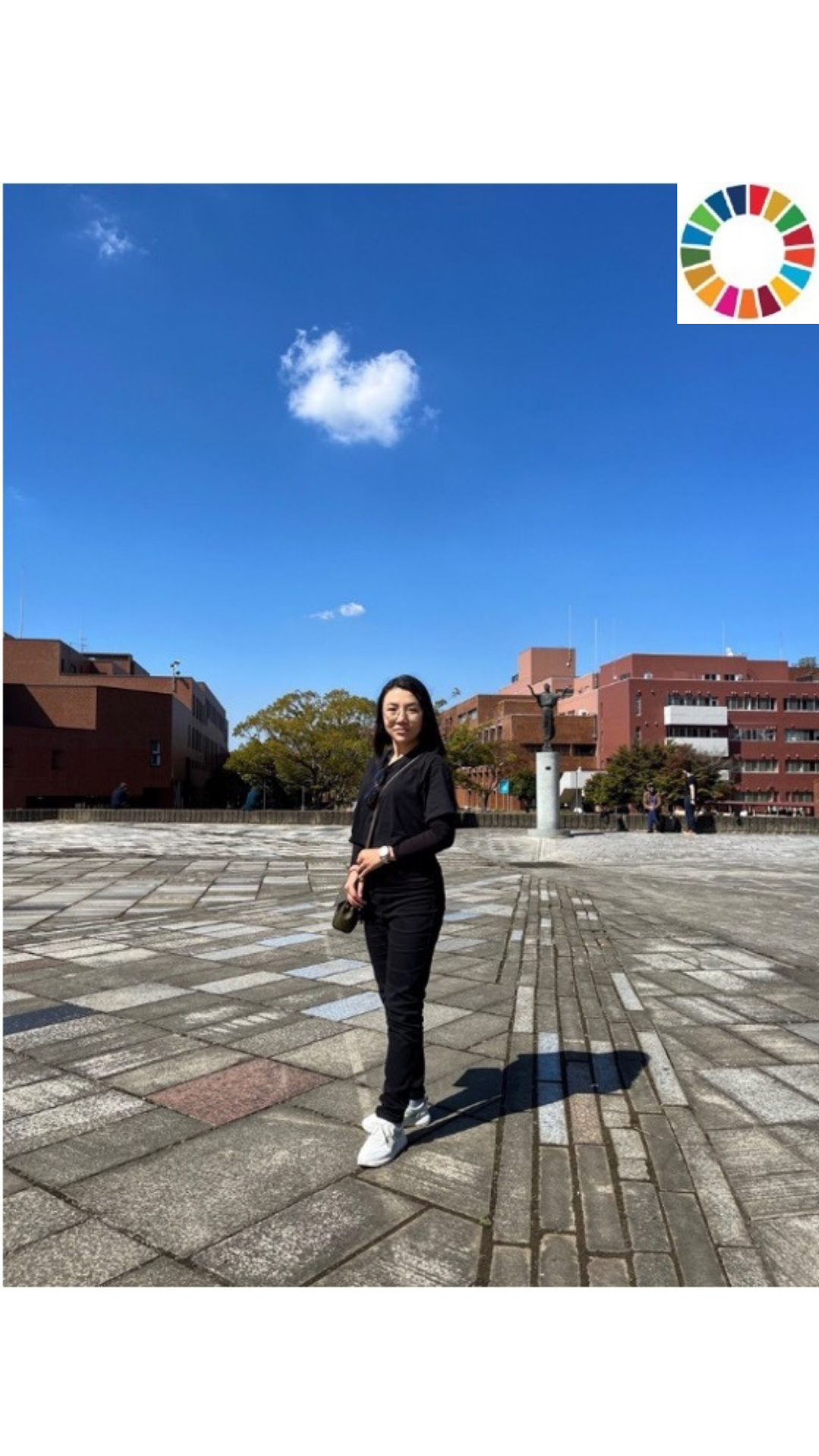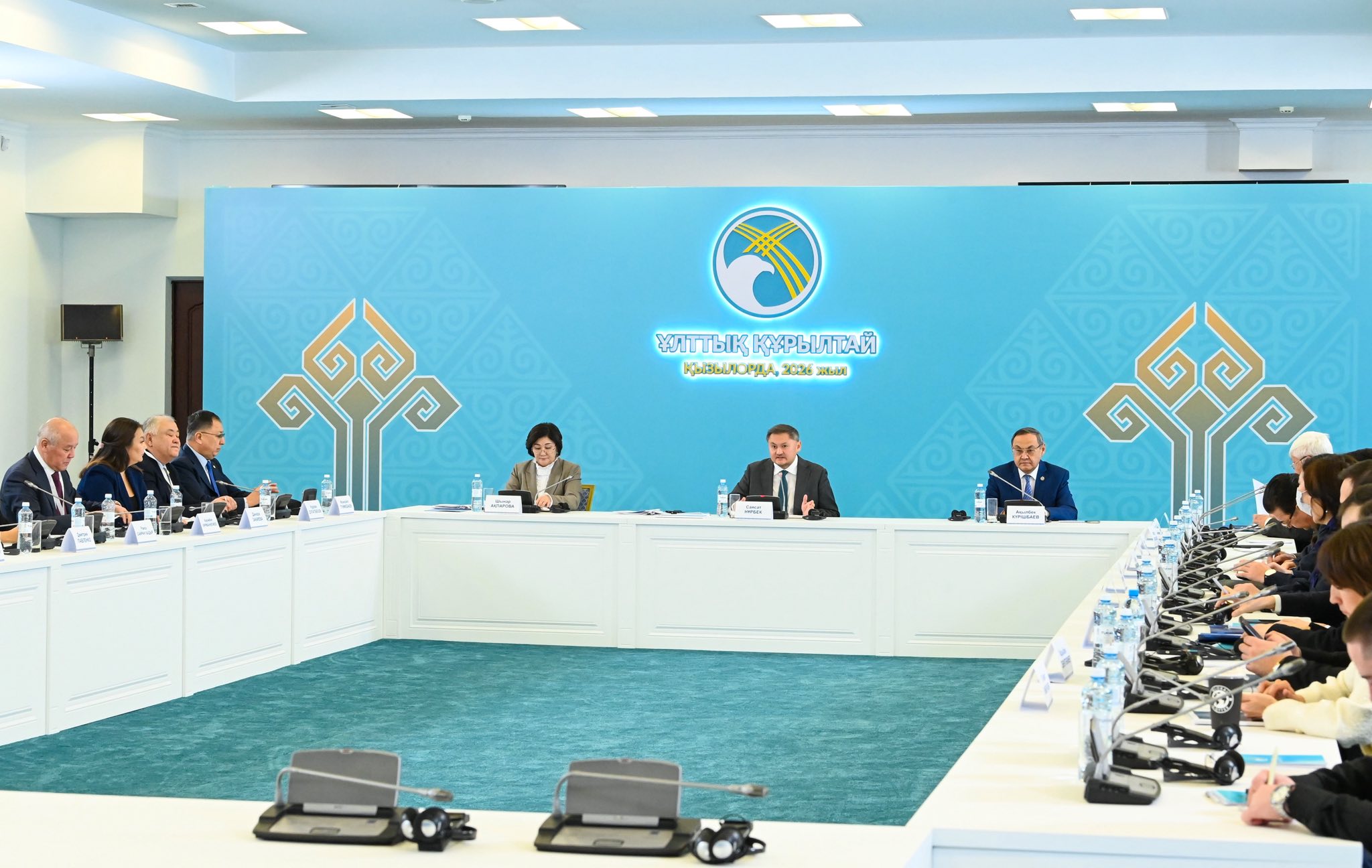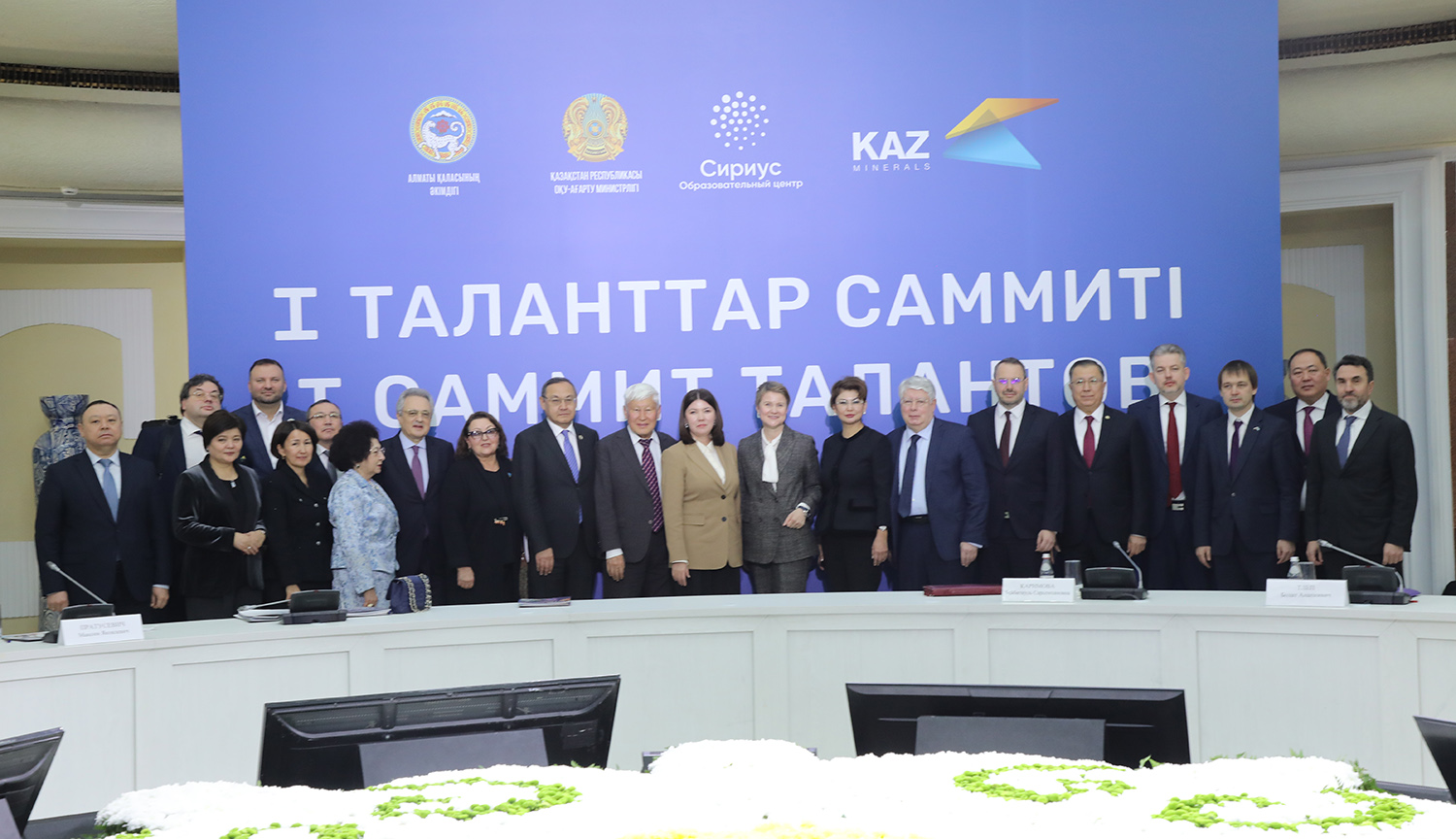Grant for an academic semester at the University of Japan

Anar Kidirmaganbetova, a 1st-year Ph.D student in Accounting and Audit, received a grant and studied at the University of Tsukuba in Japan. The University of Tsukuba, located in Ibaraki Prefecture, is one of the nine best national universities of the highest type within the framework of the Top Global University Project in Japan. Within this program, the doctoral student managed to realize the sustainable development goals of both countries.
SDG 4 "Quality Education" showed how to improve the quality of education, using the integration and experience of foreign universities. Anar conducted a comparison of education systems and the possibility of choosing disciplines between Kazakhstani and Japanese universities.
Kazakh students were given a choice of any disciplines appropriate to the academic level. Thus, Anar was able to attend classes that help in writing scientific papers; SDG classes aimed at developing all the Sustainable Development Goals of countries, as well as disciplines that help students develop their horizons and language skills. The doctoral student also had the opportunity to complete an internship at a construction company in Japan as part of the program.
The main feature is that the Japanese program made it possible to interact not only with local students and university professors/staff, but also with foreign ones. Such a wide variety has shown how absolutely everyone is treated on equal terms. In other words, the student noticed the importance of SDG 10 as reducing inequality in Japan. At that time, many students of Tsukuba were studying at KazNU.
In her image article, Anar Kidirmaganbetova emphasized the importance of cooperation between the two universities:students have a good chance to gain knowledge based on the disciplines of two different universities, improve language skills, communication skills, to be liberated, make new friends/acquaintances, explore new literature resources useful for scientific research, get a charge of motivation. This is important because the exchange of experience and knowledge really took place in common classes with students of different faculties since each student was intellectually gifted in his own way. This increases motivation for personal further scientific achievements.
Other news

